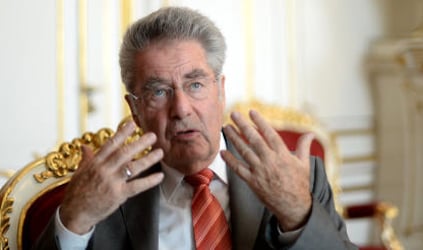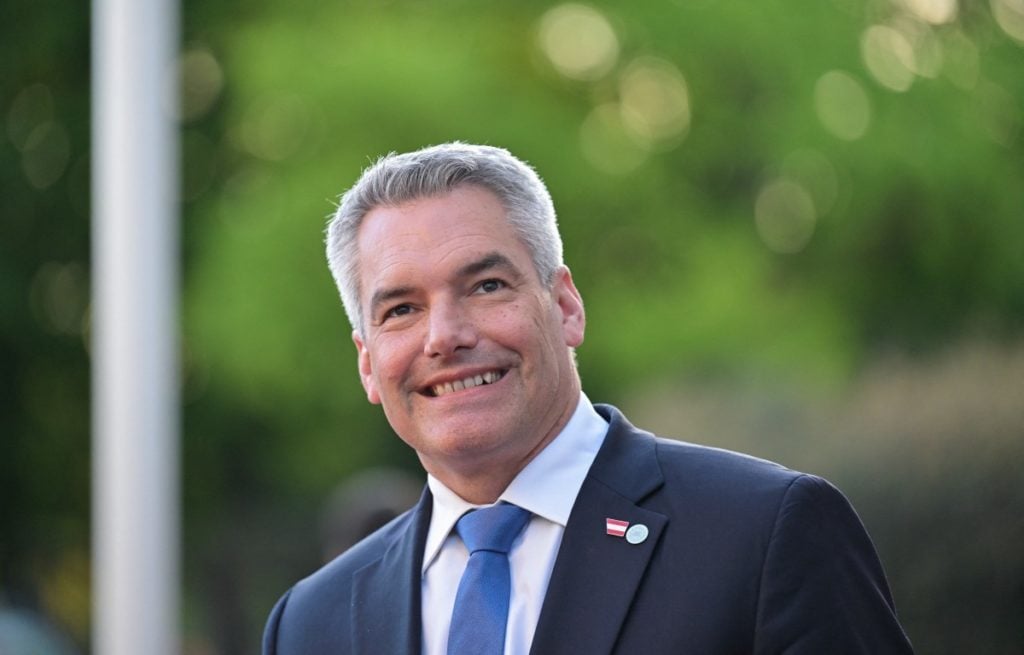However, he added that he expects the ÖVP and the SPÖ to continue their work instead of "seeking their fortunes in new elections".
Fischer made the remarks in an interview conducted by several regional newspapers.
"The government will have to increase its productivity and change its public appearance," Fischer said, in an appeal to both parties.
If the next election were to bring an end to the coalition this "story of success" would end, the president said, referring to Austria's positive development in the post-war period.
However, other politicians are also expressing their concerns about the current government. Upper Austria's governor Josef Pühringer (ÖVP) told News magazine that people could not understand why there were so many quarrels within the government.
And the President of the Trade Union Federation (ÖGB), Erich Foglar, told the newspaper Kurier that it was necessary to end the bickering. Foglar also again urged for a tax reform.
The head of the Austrian Chamber of Commerce (WKÖ), Christoph Leitl, said it should be an "alarm signal" that private consumption is forecast to decline.




 Please whitelist us to continue reading.
Please whitelist us to continue reading.
Member comments